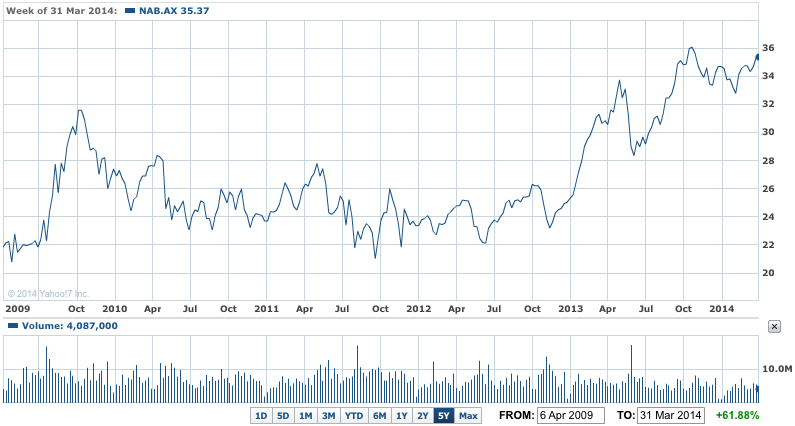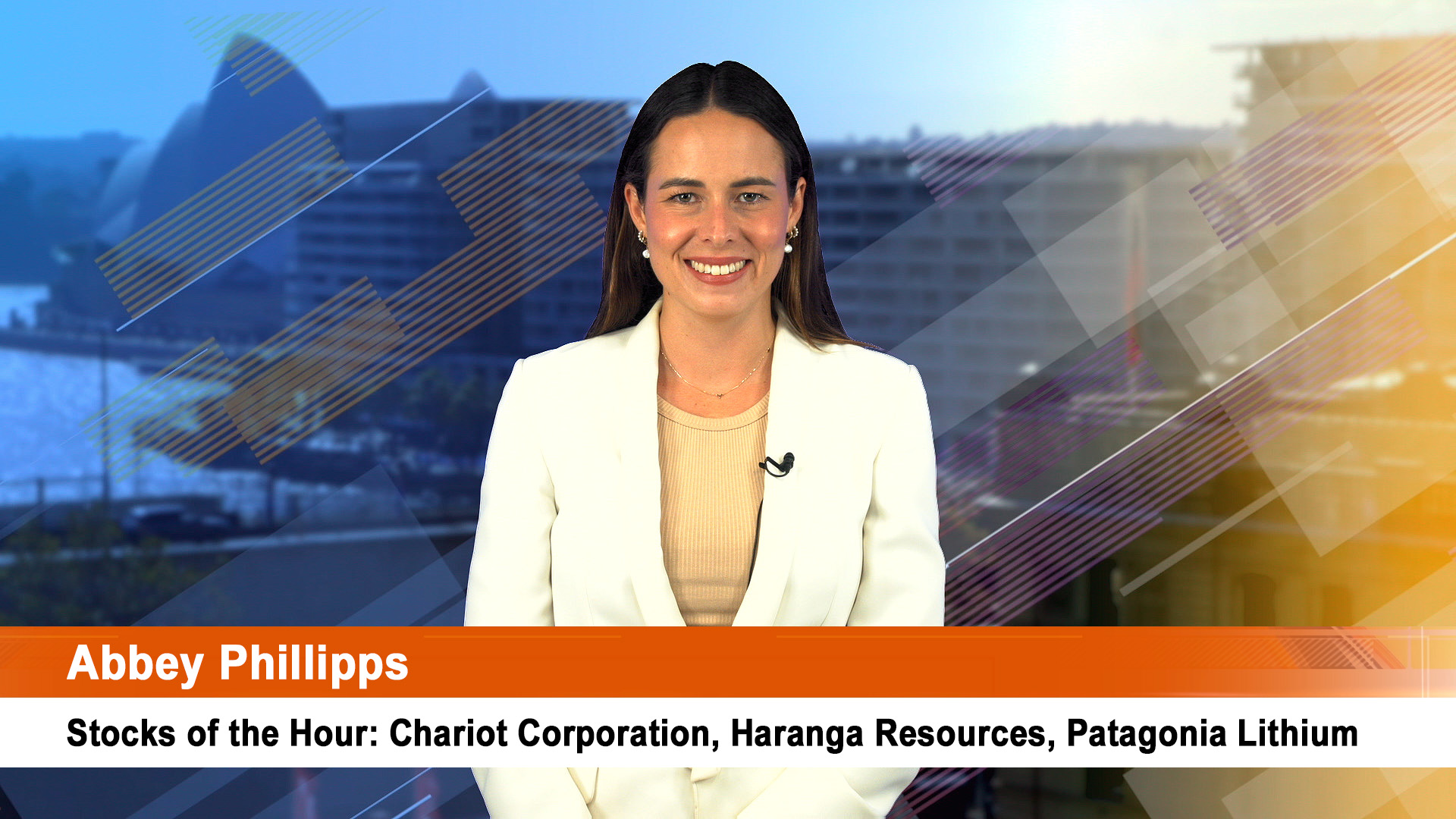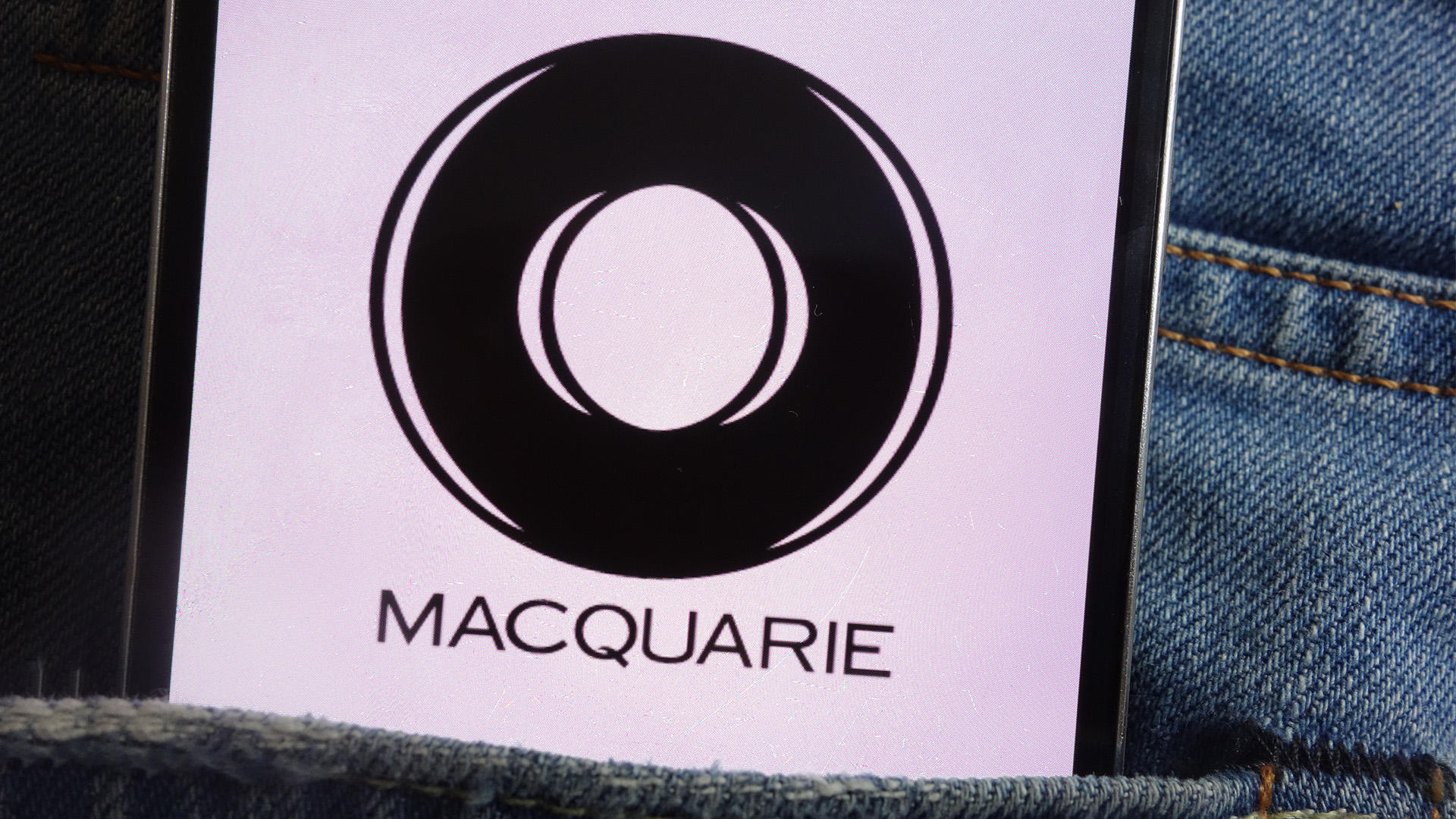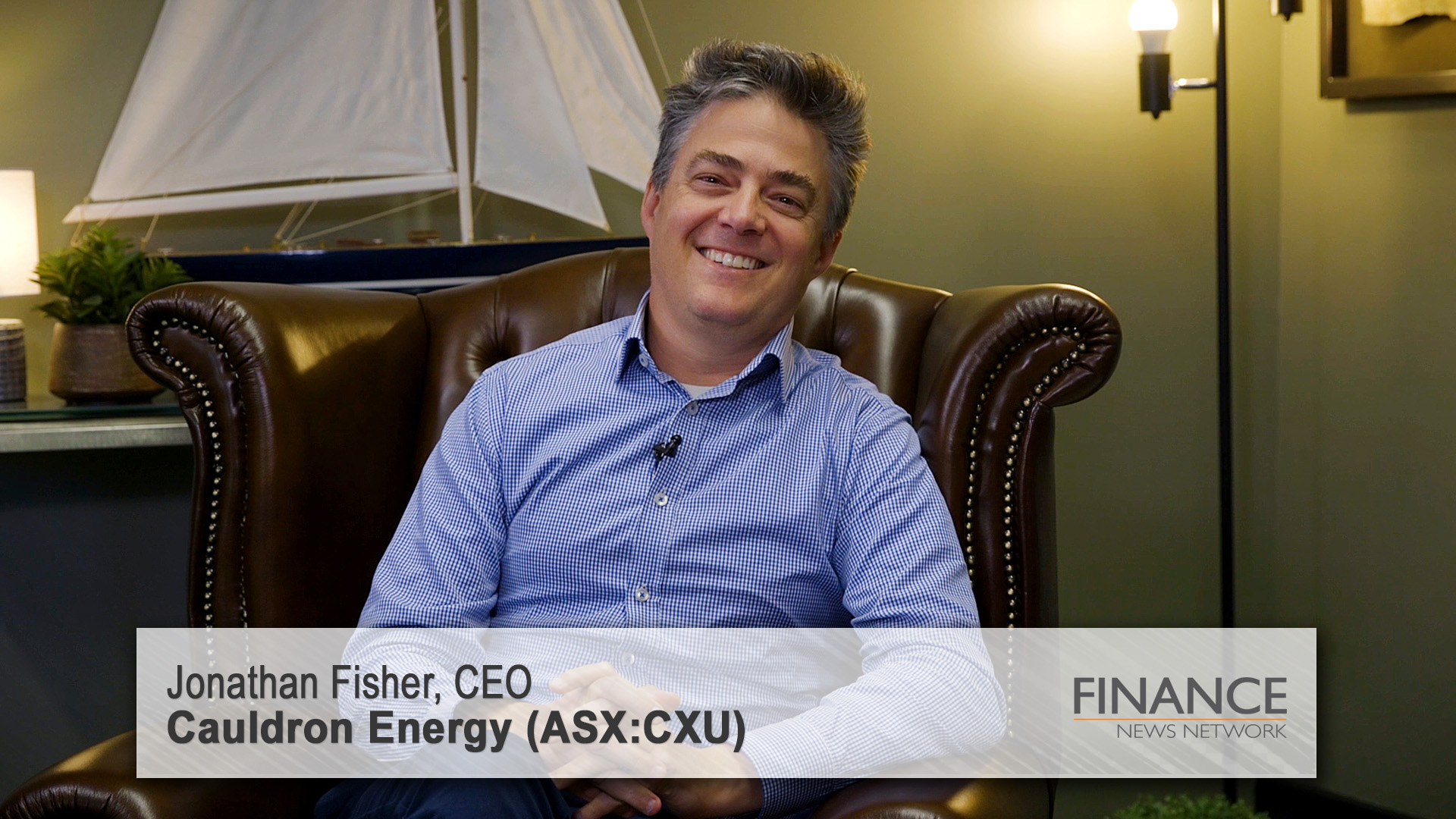A surprise from the National Australia Bank (NAB) yesterday with CEO Cameron Clyne announcing that he will retire in August.
The bank has promoted the head of its Bank NZ subsidiary Andrew Thorburn to the top role, indicating the NAB board has had a succession plan in place for a while.
Mr Clyne in a statement to the ASX on Thursday said it was time for him to retire, a point he emphasised in a later teleconference.
"We have built a strong foundation for future growth with the revitalisation of the Personal Bank, grown our already strong position in business banking, and achieved material improvements in customer satisfaction and reputation.
"We have also worked methodically through our legacy issues while still making transformational change in our technology," he said in a statement earlier in the day.
Mr Clyne said he was "leaving to spend some much-needed time with my young family. I am proud that I leave NAB as a strong, customer-focused bank."
That was again a point he made in the briefing, saying he was 46 years of age and intended leaving corporate life.
He said he was offered another three years in the top job, but opted for his family.
NAB chairman Michael Chaney told the briefing that Mr Clyne approached the board at the end of last year and suggested he would be open to retiring if the board had a replacement in mind. It had, in Mr Thorburn who had been a success at BNZ (which is where Mr Clyne was CEO as well before being named to the top job in the bank).
NAB 5Y – Clyne Hands Over The Baton At NAB

Mr Clyne took up the top job at the NAB in January 2009, as the bank and the financial system, were still being buffeted by the GFC and the collapse of Lehman Brothers in the previous September.
The banking system was still fragile – the final quarter of 2008 had been the roughest since the days of the big recession in the early 1990s as the Reserve Bank pumped tens of billions of dollars into the system, especially to banks like the NAB, to give them the liquidity to survive.
Mr Clyne had to deal with numerous issues such as the weak UK banks he inherited and which got caught up with the crunch in the UK banking system where the government partially nationalised RBS and Lloyds to save them.
Those banks – Clydesdale and Yorkshire – have had to undergo significant restructuring and losses to survive.
In Australia NAB was stuck with billions of dollars of non-performing derivative based securities picked up in the US under the previous management. They had to be run down and big losses taken.
Costs had to be cut in Australia, new capital raised and the bank stabilised – that was also the case at its rivals, the Commonwealth, Westpac and the ANZ.
But the banks survived and have seen their financial positions improve and their dominance of the economy and financial system rise as their profits have soared.
He was actually named as CEO in mid 2008, only weeks before Lehman Brothers fell over and took over the CEO’s role in January 2009 when the NAB was trading at around $20.40.
It closed at $36.56 on Wednesday – a gain of 75% (not including dividends), in keeping with the performance of the rest of the sector, and a little less than the 78% rise in the wider market since March 2009.
The bank closed down 19c at $35.37 yesterday so investors reckon Mr Clyne added some value to the bank in his time.
One unnamed analyst told Fairfax Media that it was not surprising that Mr Clyne is leaving given NAB chairman Michael Chaney is also expected to exit next year when his contract expires.
"A new CEO will always have a different strategy, but Thorburn has been there a while so there is likely to be less uncertainty from shareholders," the banking analyst said.
Mr Clyne was the lowest paid of the top four bankers last year with base pay of $2.7 million last year and $5 million including bonuses.
He leaves with 12 months’ pay of $5 million, but at last count owned 2.7 million NAB shares (worth $95 million) which at $2 a year in dividends means he would earn more than $5.4 million a year in dividends alone. A nice little earner. Over the three years to June 2013 he collected $22 million in pay and earned well over $36 million in his time in the role.













